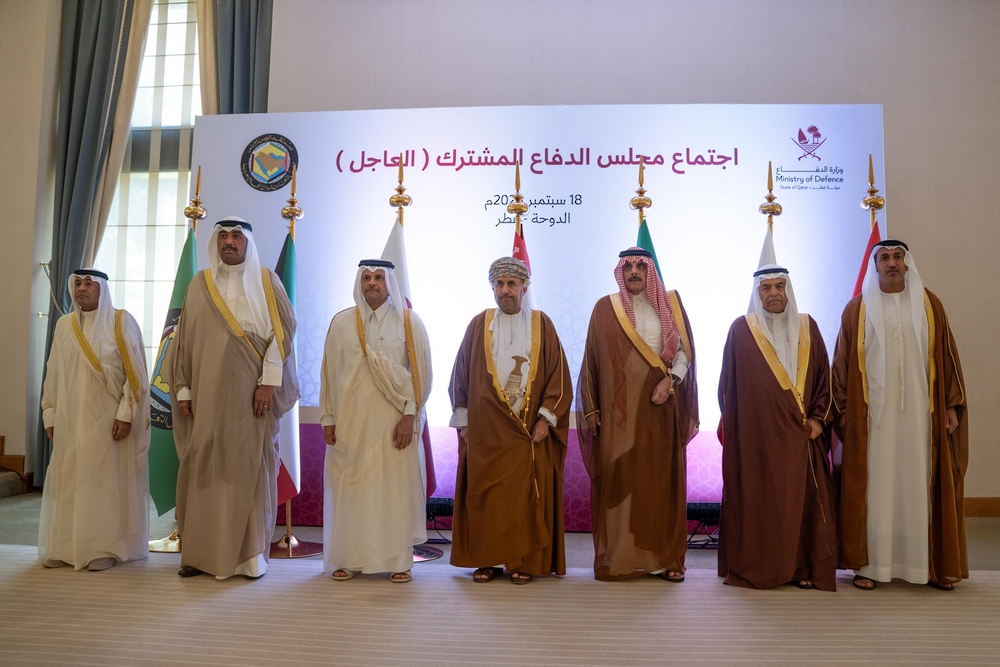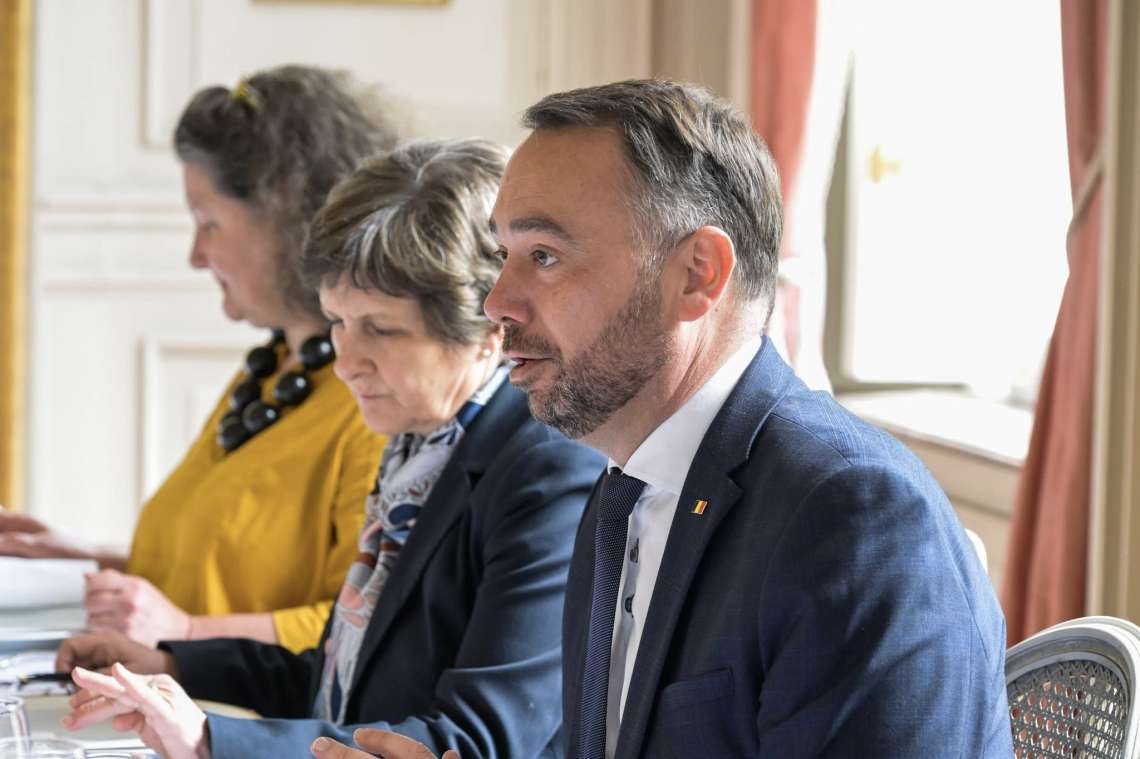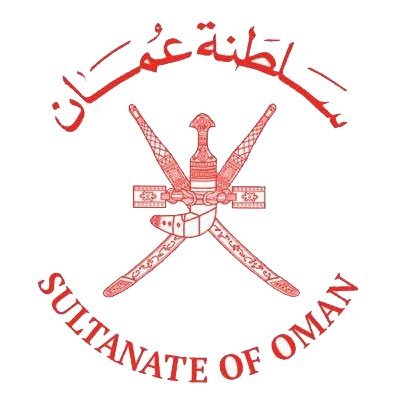US President Joe Biden’s regional tour will culminate in an extraordinary summit, hosted by Saudi Arabia in Jeddah, and attended by the leaders of the GCC states as well as the heads of Egypt, Jordan and Iraq … writes Osama Al Sharif
President Joe Biden will make his first Middle Eastern tour mid-July but everyone is speculating about his agenda. A flurry of diplomatic activity is taking place well before his visit with regional leaders exchanging views to come up with a unified response to a number of issues that are likely to feature during Biden’s regional tour which will culminate in an extraordinary summit, hosted by Saudi Arabia in Jeddah, and attended by the leaders of the GCC states as well as the heads of Egypt, Jordan and Iraq.
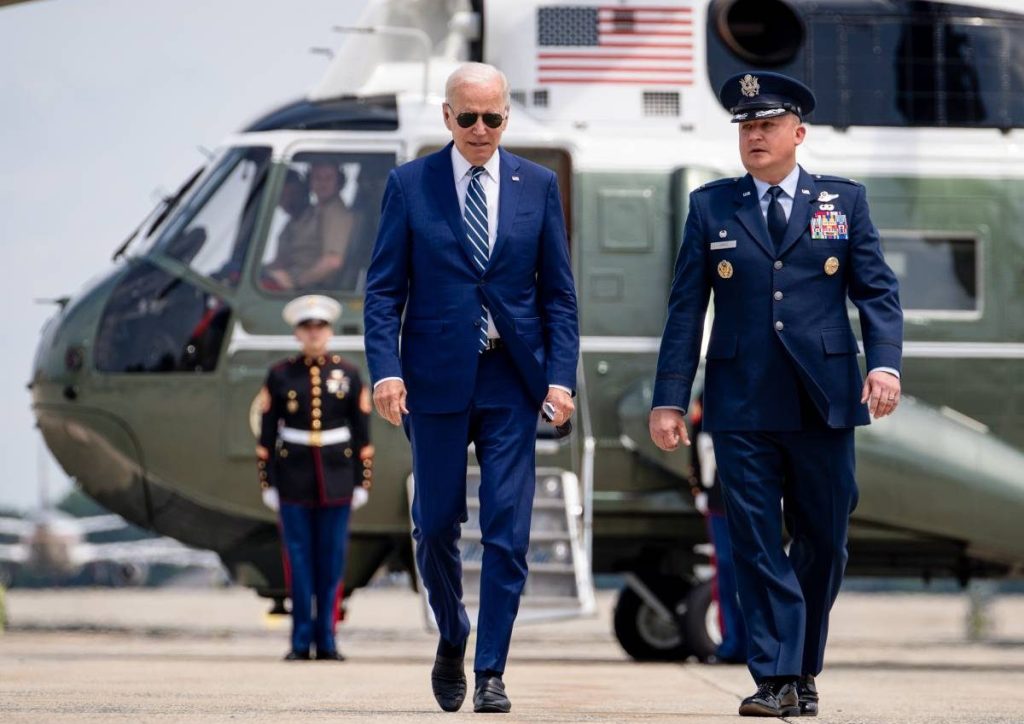
Biden will begin his tour with a visit to Israel before meeting President Mahmoud Abbas in Ramallah in the West Bank. He will then travel to Saudi Arabia—and may make a short stopover in Amman—for an historic visit aimed at resetting ties between Riyadh and Washington. It is no secret that relations between the two countries had gone through a tense phase following Biden’s presidential victory. Biden had talked about Saudi Arabia being an international pariah during his election campaign and was seen by both the Saudis and Emiratis as doing little, while in the White House, to condemn and respond to attacks by the pro-Iran Houthis in war torn Yemen.
So much so that both Riyadh and Abu Dhabi had ignored calls by Biden and top US officials following Houthi drone and missile attacks against sensitive targets in the two countries. But the Russian invasion of Ukraine last February had changed the global geopolitical realities. Suddenly Biden needed the two oil-rich Middle Eastern countries to help calm the bullish energy markets, which were wreaking havoc on the economies of the US and Europe.
Biden has said that energy was not the only issue he will be discussing with regional leaders during his visit. Israel wants Iran’s nuclear file to top the talks in light of the stalemate hampering a conclusion to more than one year of tough negotiations in Vienna. Israel has been threatening to launch a military strike against Iran’s nuclear sites.
Giving boost to such a scenario is the US Congress adoption of a bill calling on the Pentagon to integrate the air defenses of Israel and a number of Arab countries that are close allies to the United States within a specific period of time. A week ago Israel’s Defense Minister Benny Gantz announced that Israel has joined with several other countries in the Middle East to form a new US-led joint air defense network, known as the Middle East Air Defense Alliance (MEAD). No other Arab country has confirmed this.
Israel has already deployed its air defense system in two Gulf states aimed at thwarting any missile threat from Iran. Gantz has said that the program is already operative and has enabled the successful interception of Iranian attempts to attack Israel and other countries.
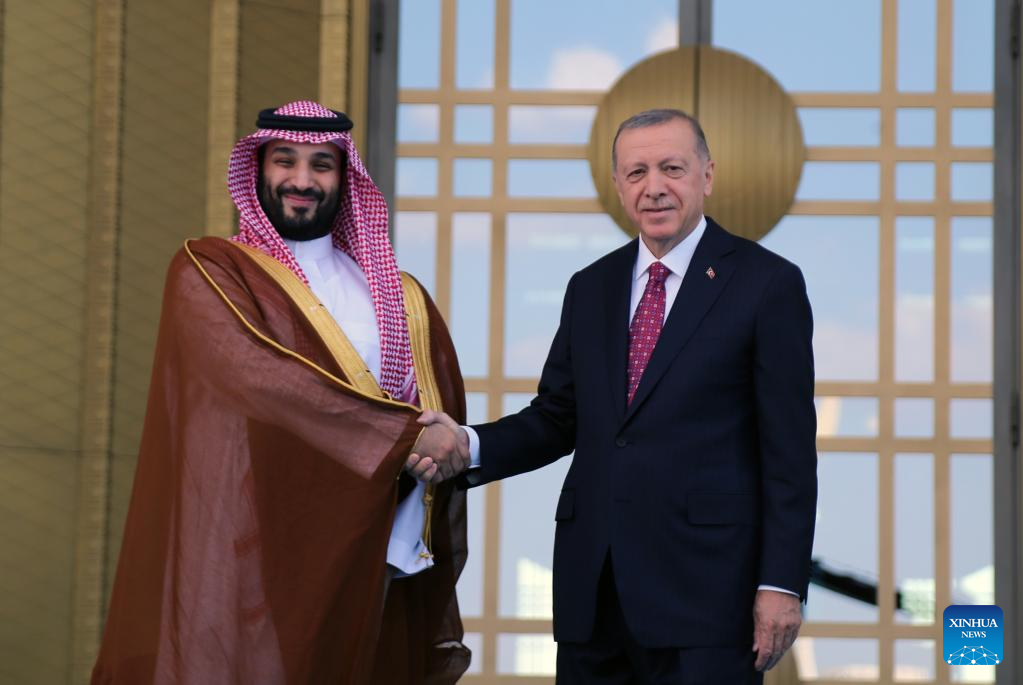
Unconfirmed Israeli reports said that the US has been planning to facilitate Riyadh’s inclusion into the Abraham Accords during Biden’s visit. Again there was no confirmation of this by Saudi Arabia.
During the regional tour last week by Saudi Crown Prince Mohammed bin Salman to Egypt, Jordan and Turkey, a joint Jordanian-Saudi communiqué reiterated both countries’ support of the two-state solution in accordance with UN resolutions and the Arab Peace Initiative (API). The API, presented by the Saudis in 2002, calls for recognizing Israel only if it withdraws from occupied Palestinian territories and accepts the creation of a Palestinian state. Despite Israeli media speculation, the Saudis have been consistent in their unwavering position on the Palestinian issue.
It is unlikely that the Jeddah summit will lead to a Saudi normalization with Israel. At least three of the GCC countries refuse to normalize ties with Israel until a just solution to the Palestinian issue is concluded.
That leaves the issue of formalizing what has been dubbed as a US-led Middle Eastern NATO with Israel being part of it. That too is problematic even for countries that have recently normalized ties with Israel. In a recent interview with CNBC, Jordan’s King Abdullah said he would “be one of the first people that would endorse a Middle East NATO” but added that the vision of such a military alliance must be very clear, and its role should be well defined. “The mission statement has to be very, very clear. Otherwise, it confuses everybody,” he said.
For Jordan an openly anti-Iran military alliance, with Israel being part of it would create a backlash at home. Same could be said of the UAE, which has close economic ties with Iran. As much as Iran’s regional behavior is condemned, no Arab country would explicitly join a military coalition that could wage war on the Islamic Republic, which could have terrible outcomes for Gulf countries and beyond.
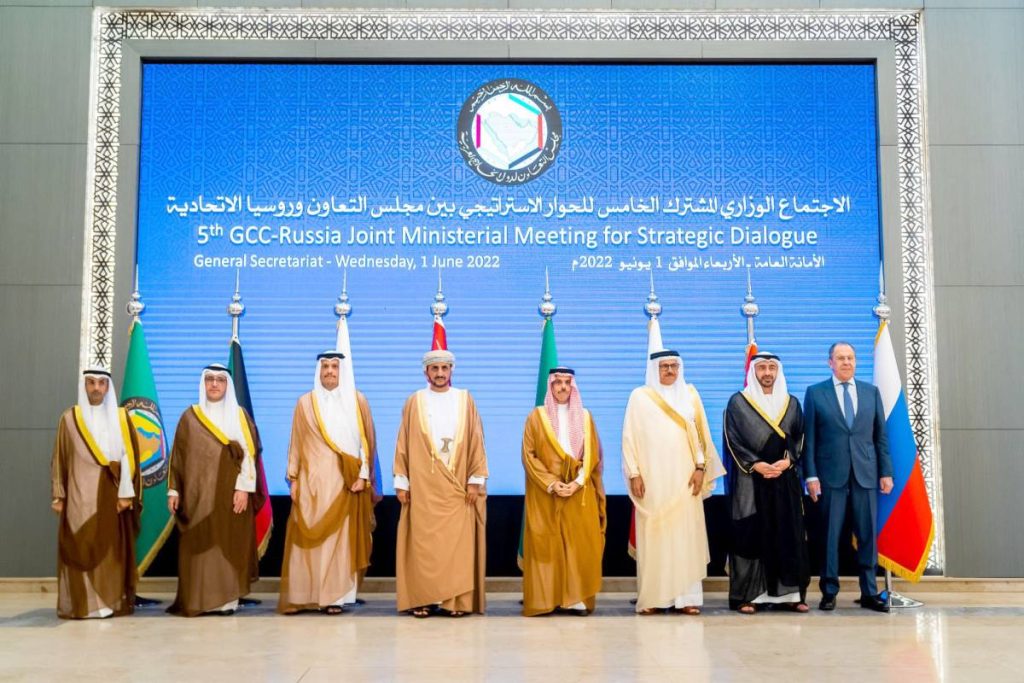
Israel would like to impose a certain agenda on Biden’s Middle Eastern tour. That possible agenda would annoy Jordan, Egypt, Iraq, Kuwait and Qatar for various reasons. The fact is that there are different calculations for each country. The best Biden could do now is to reset US-Saudi ties after a rollercoaster year. There is nothing he can do to revive Israeli-Palestinian talks and it is unlikely that he can recruit many countries to join openly an anti-Iran military front. So far his agenda will be limited to achieving what a majority of Americans want and that is to secure a proactive Saudi role in controlling the erratic oil markets in a bid to alleviate the economic damage back home ahead of crucial midterm elections in November.
(Osama Al Sharif is a veteran journalist and a political commentator based in Amman)



